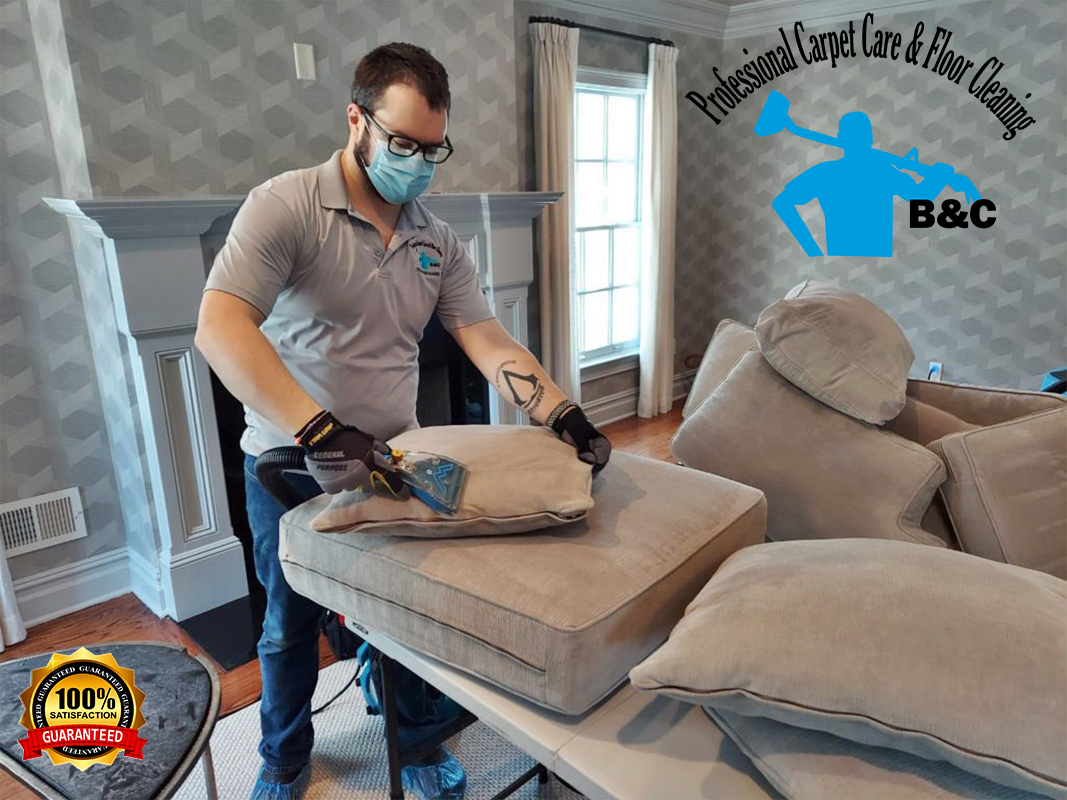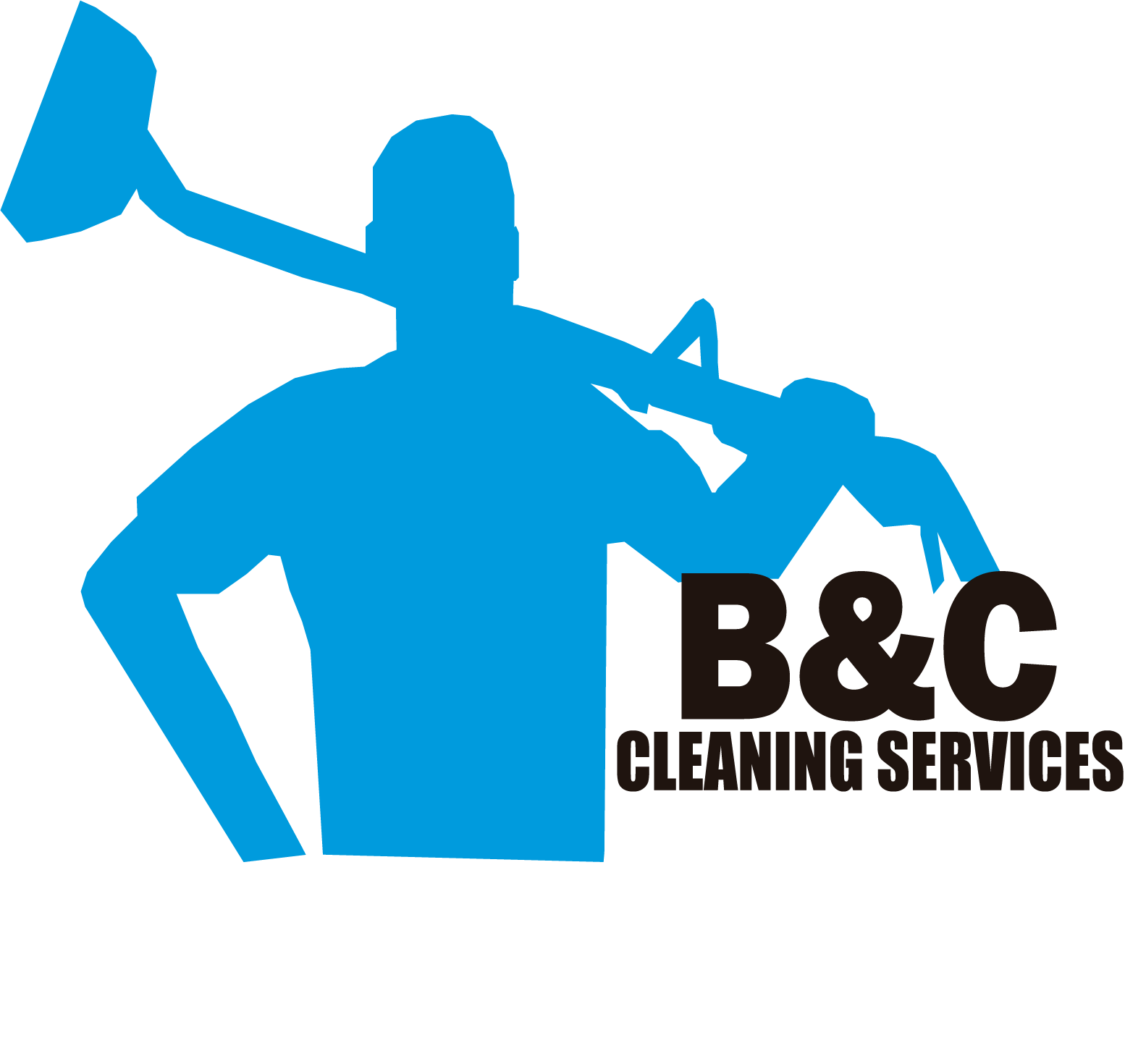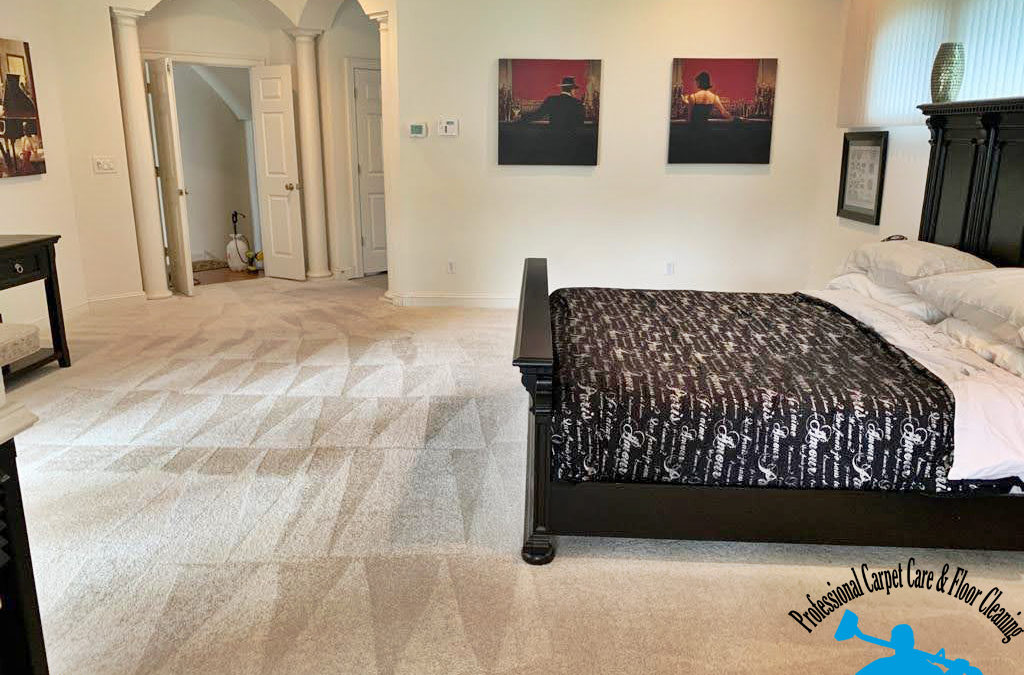HOW TO CLEAN UP & ELIMINATE MOLD FROM YOUR HOME
You are advised to clean up and eliminate molds as soon as you notice their infestation. Mold exposure comes with a ton of health implications, and it may not be easy to determine whether or not the symptoms are a result of contact with the mold. The symptoms of mold exposure range from headaches, rashes, and fatigue issues to more dangerous health complications like respiratory or neurological disorders.
According to doctors and researchers, mold exposure has a considerable role to play in the rapidly increasing number of cancer cases around the globe. It is for this reason that you should be having basic knowledge on how to clean up and remove or eliminate mold in your house. Go through these five (5) methods on how to kill molds and evacuate them from your house.

IF YOU ARE NOT AWARE OF HOW TO CLEAN AND REMOVE MOLD FROM YOUR CARPETS, FLOORS AND FURNITURE CALL A DEEP CLEANING PROFESSIONAL RIGHT NOW TO
B&C ProfessionalCarpet Care .
5 Methods to start today !
1. Use White Distilled Vinegar for Mold Removal
Vinegar is an inexpensive substance that comes in handy as far as cleaning mold in and around your home is concerned. White distilled vinegar is effective in eliminating mold because it comprises mild acidic properties which make it safe for all mold remediation projects—whether big or small. You can use this anti-bacterial agent as is without diluting with water. It cleans up and eliminates molds from bathrooms, kitchen sinks, and more.
2. Apply Chlorine Bleach
Chlorine bleach kills all kinds of fungal growth and treats all visible molds in your home. Using bleach will thoroughly disinfect mold spores suspended in the air. You can utilize this method to clean the superficial mold considering that bleach cannot penetrate through porous surfaces like wood and drywall. This mold remediation approach can be used to get rid of molds on tiles in the bathroom or kitchen.
3. Spray Hydrogen Peroxide
Another useful method of cleaning up and eliminating mold involves spewing undiluted hydrogen peroxide on a mold-infested spot and wiping it off. You need to apply around 3% of undiluted hydrogen peroxide to the infested surface and let it rest for 10-15 minutes.
After this time has elapsed, come back and wipe off the mold residue using a household sponge. You may opt to repeat the process more than once to ensure that the surface is entirely clean.
Note: Store hydrogen peroxide away from direct sunlight. Find a cool, dark place for storage because light converts the hydrogen peroxide into water molecules rendering it useless.
4. Apply Baking Soda
This mold remediation method involves scrubbing away the mold and applying baking soda to it. Find a brush with stiff bristles that can adequately clean mold from tile grout. After scouring the infested surface, treat it with a mixture of baking soda and water.
Allow this treatment to sit for at least one hour. Then, brush the surface again before you wipe it with a clean damp cloth. In this treatment, baking soda serves as a mild disinfectant. It cleans up and eliminates mold without leaving residue or scent behind.
5. Use a Mixture of Tea Tree Oil and Water
Last but not least, you can make do with a mixture of water and tea tree essential oil to evacuate mold infestation. Pour one (1) cup of water into a bowl and mix it with one (1) teaspoon of tea tree essential oil. Shake the mixture to form a consistent solution, and then transfer it into a spray bottle.
Spritz this solution everywhere around the house, steering clear of areas with the massive infestation. Allow it to sit overnight so that mold spores can be dampened. After that, scrub the infested spots with tea tree solution to remove any residue and spray it once again. You MUST do this to prevent molds from reoccurring in the future. Wipe the treated area with baking soda to complete this process.
How to Prevent Mold From Returning:
It is imperative to note that mold spores can grow and develop into mold later if specific preventative measures are omitted. The following are steps to do to completely combat mold from resurfacing again after cleanup and removal process is over.
- Control the issues of moisture—identify and correct the source of water.
- Discard porous materials that highlight extensive mold growth such as ceiling tiles, carpeting, drywall and paper.
- Discard appliances that may harbor mold spores such as washing machines, refrigerators, water heaters etc.
- Regularly monitor the area for signs of moisture and new mold growth Implementing a detailed moisture management strategy is vital when it comes to mold remediation. You can dramatically minimize potential health issues and liability from the mold by cleaning it the right way. Make sure the cleanup is immediate and thorough to avoid the likelihood of mold recurrence.


Recent Comments